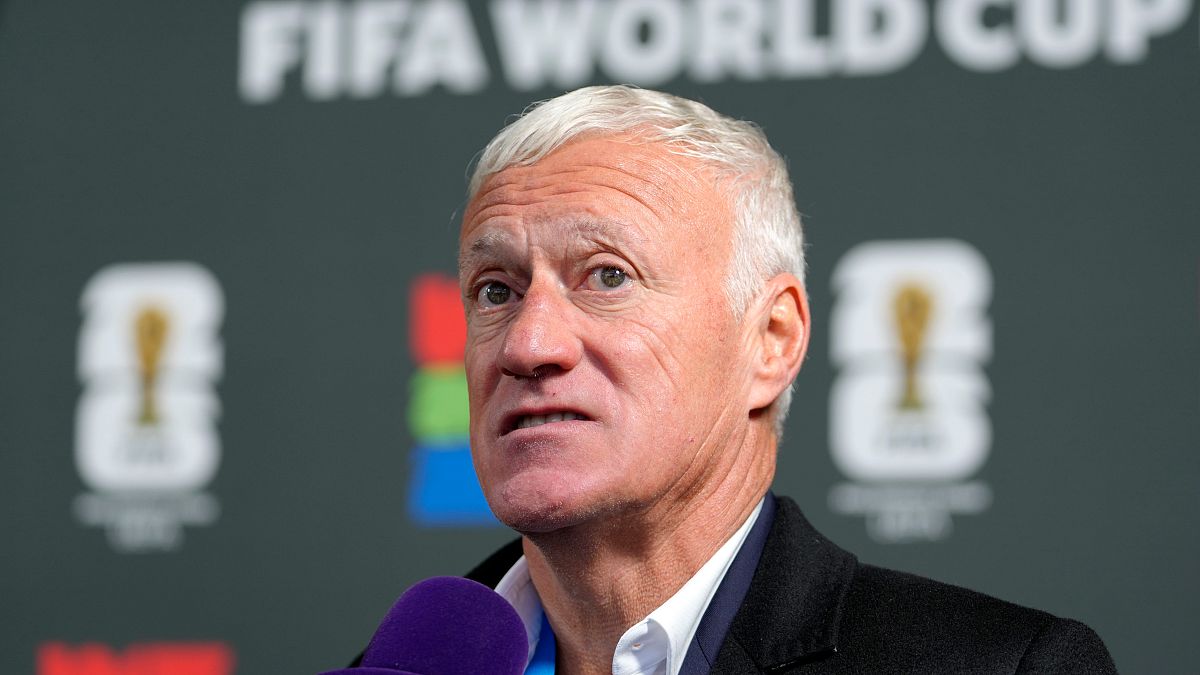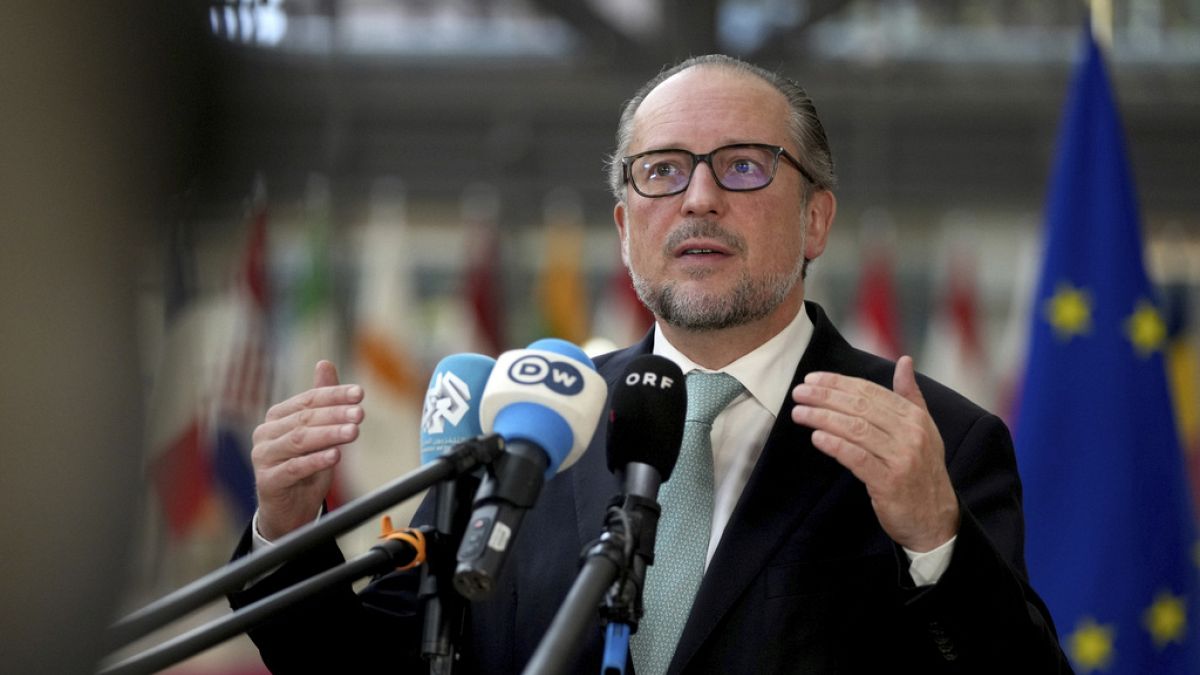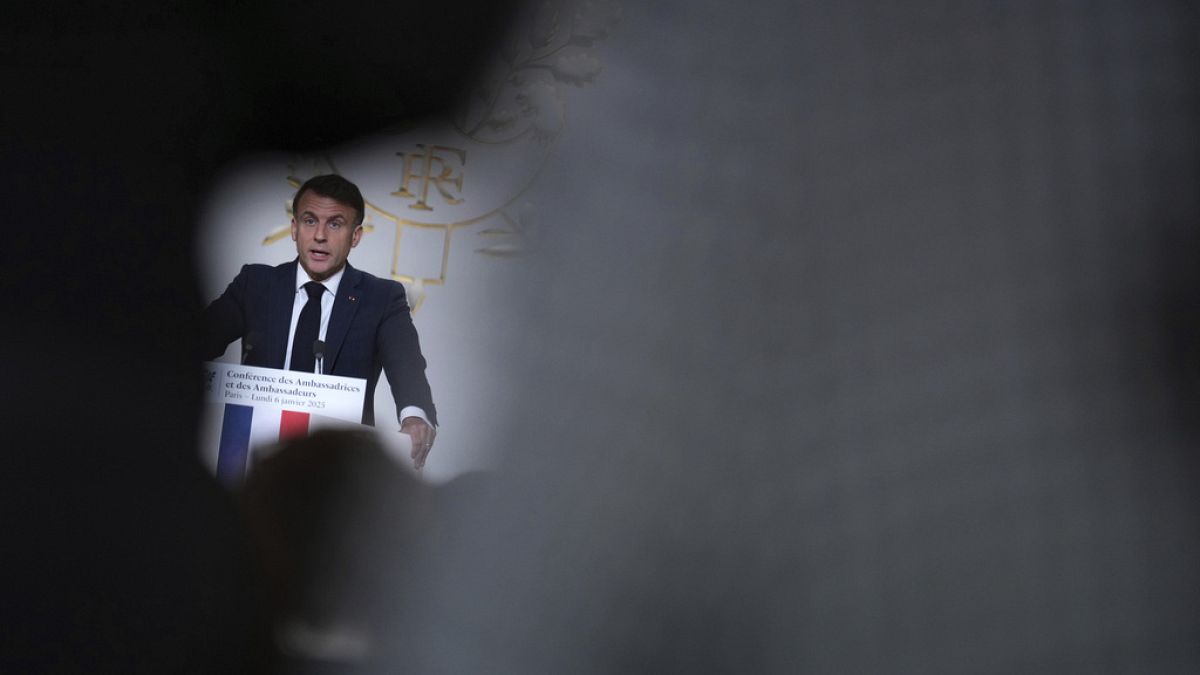FPÖ leader Herbert Kickl, who has been tasked with forming a coalition government, is opposed to sanctions against Russia, advocates for the remigration of foreigners and rejects the European Green Deal.
Herbert Kickl's possible accession to the Austrian chancellorship could have implications for the EU at a time when Donald Trump's return to the White House, the war in Ukraine and the Draghi report on European competitiveness are calling on the 27 to play as one.
Back to square one. Initially kept out of the negotiations to form a coalition government, the Freedom Party of Austria (FPÖ) is on the doorstep of the Chancellery.
In a U-turn, President Alexander Van der Bellen has tasked the far-right FPÖ led by Herbert Kickl with forming a government, following the failure of negotiations between conservatives, liberals and social democrats.
War in Ukraine
The FPÖ is vehemently opposed to sanctions against Russia and to sending arms to Ukraine, in the name of Austrian neutrality. In the name of this constitutional principle, adopted in 1955, Austria is not, for example, a member of NATO.
"They would like to see the war end as soon as possible, whatever that means for Ukraine", says Stefan Lehne, a researcher at the Carnegie Europe think tank.
Migration tightening
Rejection of immigration is another of the FPÖ's flagship projects. Herbert Kickl advocates closing borders, remigrating foreigners and opposing the right of asylum.
"He has called for the formation of an Austrian fortress essentially to protect us from the influx of migrants", Stefan Lehne tells Euronews.
The FPÖ rejected the European Pact on Migration and Asylum, adopted in 2024, which aims to step up the fight against illegal immigration and ensure greater solidarity between Member States in the event of mass arrivals of migrants.
"Essentially, they want to renationalise migration policy", says Stefan Lehne.
Less Europe
Opposed to the European Green Pact, Herbert Kickl is in favour of lowering environmental standards in Europe.
A sovereignist, the FPÖ leader preaches a return of certain powers to the states without advocating a total exit from the EU.
"They want an intergovernmental Europe without strong supranational institutions", explains Stefan Lehne.
For the first time since the Second World War, the Alpine country of 9 million could be led by a far-right chancellor.
The Austrian Freedom Party (FPÖ) came first in the federal elections in September with over 28% of the vote, beating the conservative Austrian People's Party (ÖVP, 26%). The Social Democrats (SPÖ) won 21% of the vote, followed by the Liberals (9%) and the Greens (8%).
The cordon sanitaire did not last long. Efforts to block its path failed.
Forced to form a coalition government, probably with the conservatives of the Austrian People's Party (ÖVP), the FPÖ may have to put some water in its wine.

 23 hours ago
1
23 hours ago
1






 We deliver critical software at unparalleled value and speed to help your business thrive
We deliver critical software at unparalleled value and speed to help your business thrive






 English (US) ·
English (US) ·